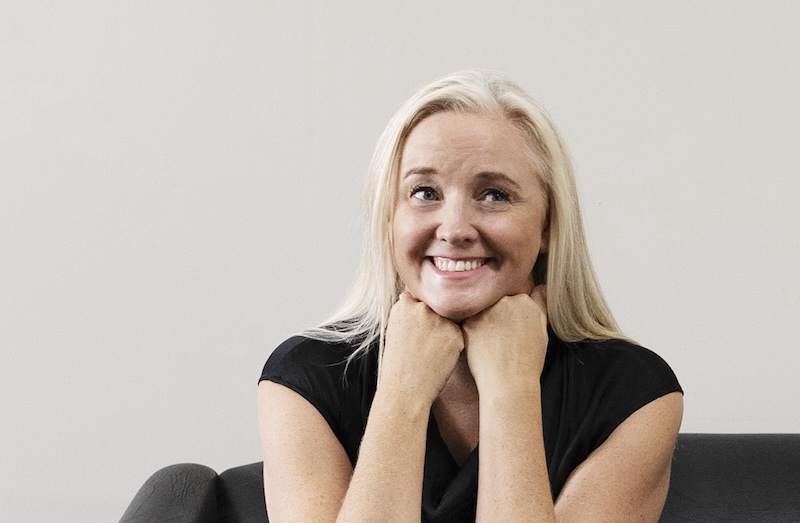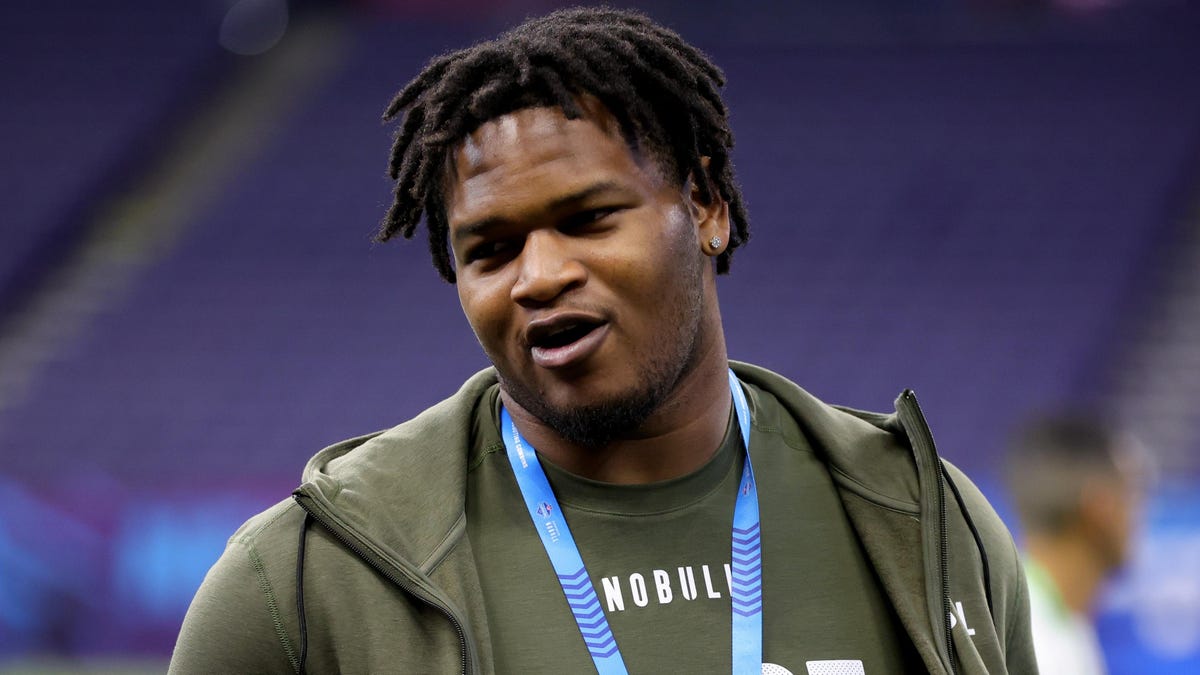World championship wrestling is fake, and that’s OK.
It’s campy entertainment and no-one over the age of seven believes the contests are actual “fights”.
While the bouts in the UFC are certainly more visceral and legitimate than what you’ll find at WrestleMania, there are more similarities than you might think.
With the merger between the WWE and UFC’s parent company Endeavor, the groups are officially tied together, but really they’ve been swimming in the same soup for some time.
WWE stands for World Wrestling Entertainment, UFC for Ultimate Fighting Championship. It’s certainly the more pure product for the combat sports fanatic, but don’t get it twisted; the UFC has always been in the entertainment business.
It was only in 2015 that the UFC recognised USADA, the anti-doping agency in charge of drug testing and regulation across American Olympic and Paralympic sports, as its official independent anti-doping body.
The UFC was founded by a Californian ad man named Art Davie in the early 1990s. It was originally a reason to show a bunch of guys from different fighting styles going up against each other to find out who was the ultimate fighter and what was the ultimate fighting style.
Boxing, Brazilian jiu-jitsu, kickboxing, taekwondo, sumo … the Mortal Kombat-style of the first event in 1993 was heightened by the fighters wearing the traditional garb of their respective disciplines, no weight classes and bare knuckles.
As you’d expect, most of the fighters were taken away in ambulances.
Such were the injuries that at one point they didn’t have any fighters left to compete, but it was a pay-per-view and ticketing success.
The first 10 UFC events had names like No Way Out, Revenge of the Warriors, Return of the Beast, Motor City Madness and The Brawl in Buffalo. Tell me that’s not some WWE nonsense.
Even Friends had a 1997 episode titled The One with the Ultimate Fighting Champion.
It was a raw, bloody launching pad for what would become a juggernaut in the next decade under the guidance of president Dana White.
The move from fighting prowess to personality-plus
Just before the UFC climbed into the stratosphere in the late 2000s, Georges St Pierre was the biggest star in the mixed martial arts game.
The French-Canadian won or defended a title belt 13 times and finished his 15-year UFC career with 26 wins and two losses.
He’s a legend of MMA, but aside from his excellence in the octagon, he’s not much to write home about.
There was little flash or flair to his personality; just pure fighting brilliance.
As the sport reached further and further into the mainstream, St Pierre kept winning titles, even after coming back from retirement, but the sport’s spotlight moved on somewhat.
Between his hulking frame, blonde flat-top haircut and tattoo of a hand clutching a sword running up his broad chest, Brock Lesnar looked like a comic book villain.
After an historic run through college wrestling, he signed with the WWF (soon to be the WWE), then reached training camp with the NFL’s Minnesota Vikings before arriving in the UFC in 2008.
He had a mythical air about him. Pure athletic ability in a ridiculously oversized body.
In just his fourth UFC fight, with a 3-1 record, he took down a legend in Randy Couture and it signalled something of a turning point.
During a period in the sport where Joe Rogan has joked drug testing was done via “sniff test”, Lesnar leaned into the theatrics as you would expect of a former WWE star.
He sparred verbally with rival and more traditional fighter Frank Mir before winning their rematch in 2009, but two fights later, the striking power of Cain Velasquez saw him lose the crown.
Then Alistair Overeem beat him again, sending Lesnar back to the WWE (one drug-tainted return to MMA notwithstanding), but his brief successful stint in the UFC laid down the blueprint for stars to transcend the incredibly violent confines of the octagon and cross into the mainstream.
Entertainment and wild personalities were now the currency.
The downside of the personality-driven industry
For many diehard fans, the UFC was all about the purity of the contest in the octagon and a happy medium to the garish WWE or ailing boxing championships.
The mixed nature of the martial arts made unpredictable outcomes the norm. Even if the favourite won, exactly how they won — submission, KO, TKO, points — was completely up in the air.
But as it started to lean back towards its entertainment roots, the diehards weren’t leaving and the UFC picked up countless new fans.
Out of that came irrepressible ‘love to hate them’ types like Conor McGregor, Ronda Rousey, Jon Jones, Israel Adesanya and Colby Covington.
All of them, like Lesnar before them, are brilliant fighters.
But it’s their public personas that made them megastars.
Fans switched on to watch them win, haters switched on in the hopes of seeing them get their mouths shut, and promoters cashed the cheques all the same.
Recently we’ve seen Paddy Pimblett capture hearts and minds with his thick Scouse accent, eccentric personality and bizarre haircut that’s somewhere between a Beatles mop and a bowl cut.
Pimblett is only four fights into his UFC career with no title fights to his name, but ‘The Baddy’ already has an outsized profile.
But his latest bout, against Jared Gordon, was a hugely controversial unanimous decision win for the Liverpudlian, with questions asked as to whether leaving it in the hands of the judges allowed Pimblett’s profile to become a factor in the more subjective outcome.
And unlike in boxing where there is some sort of progression to title fights, UFC president Dana White has shamelessly admitted that in his promotion, profile matters. A lot.
After becoming the biggest name in MMA and the first female star with her sensational judo and wrestling abilities, Rousey got rolled by expert striker Holly Holm to end her 10-0 start to her UFC career.
Some speculated her increasing profile and growing list of credits on IMDb might have blunted her edge, but when she wanted to get back in the ring a year later, White immediately gave her a title shot.
Clobbered by Amanda Nunes in a 48-seond TKO loss, Rousey followed Lesnar’s path to the WWE, where her personality mattered as much as her athletic aptitude.
Even White has taken on something of a Vince McMahon-style role (all the way down to a friendship with Donald Trump).
He’s publicly trashed fighters, judges and referees to keep the media cycle rolling. The man is a promoter through and through.
That has extended to the latest endeavour, Power Slap, in which two people stand either side of a platform and take turn slapping each other in the face as hard as they can.
No nuance, just human cockfighting in direct contrast to the concussion awareness across basically every other contact sport in the world.
It’s just about getting as many people to watch as possible. That’s always been the UFC’s goal, and it seems that 30-year tradition will only continue with its latest move.
Loading













%20(2)%20(1).jpg)






Discussion about this post